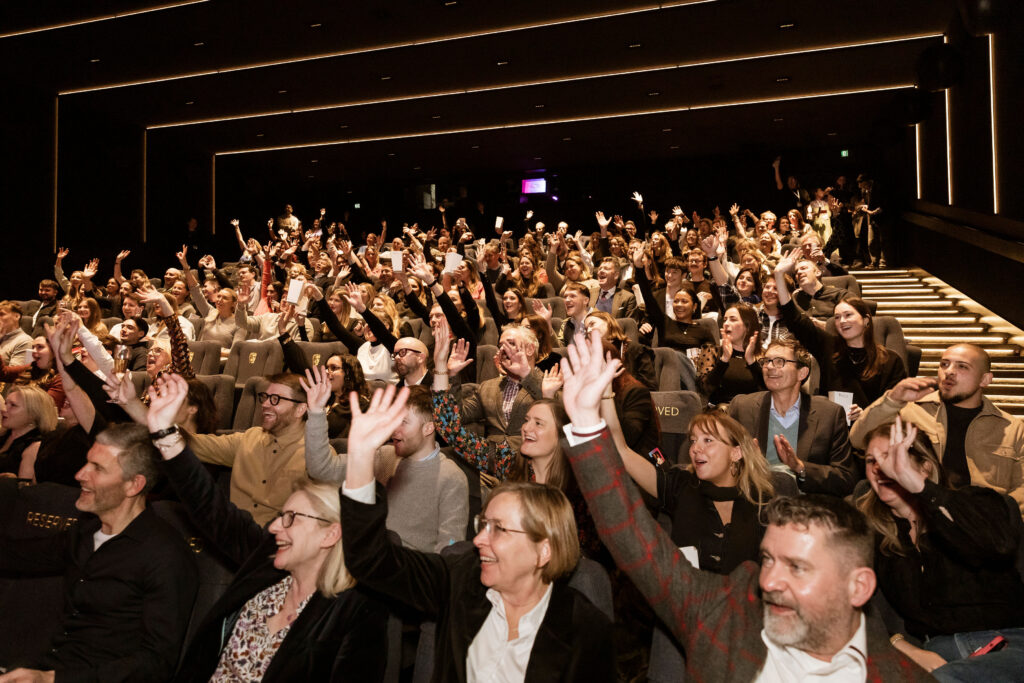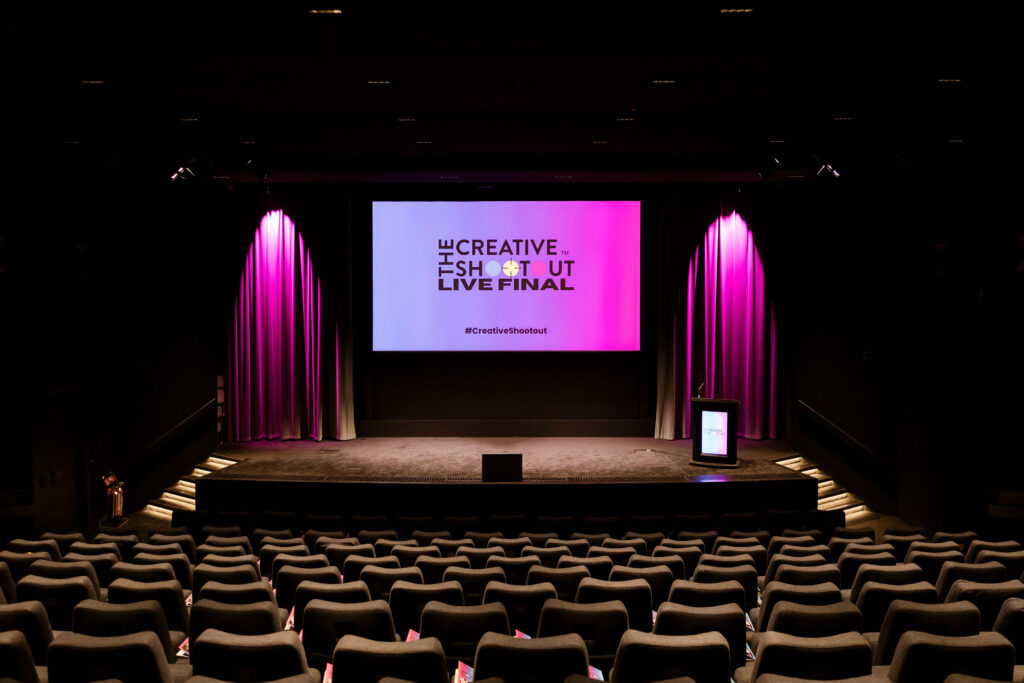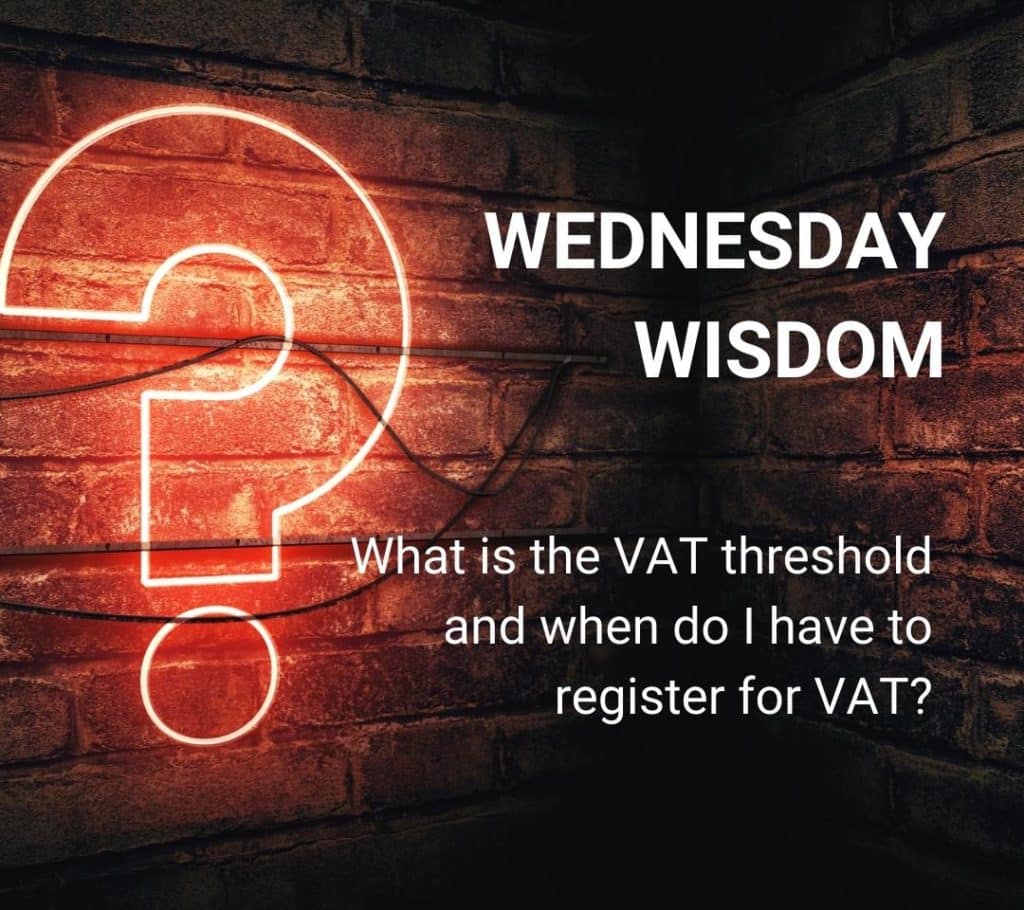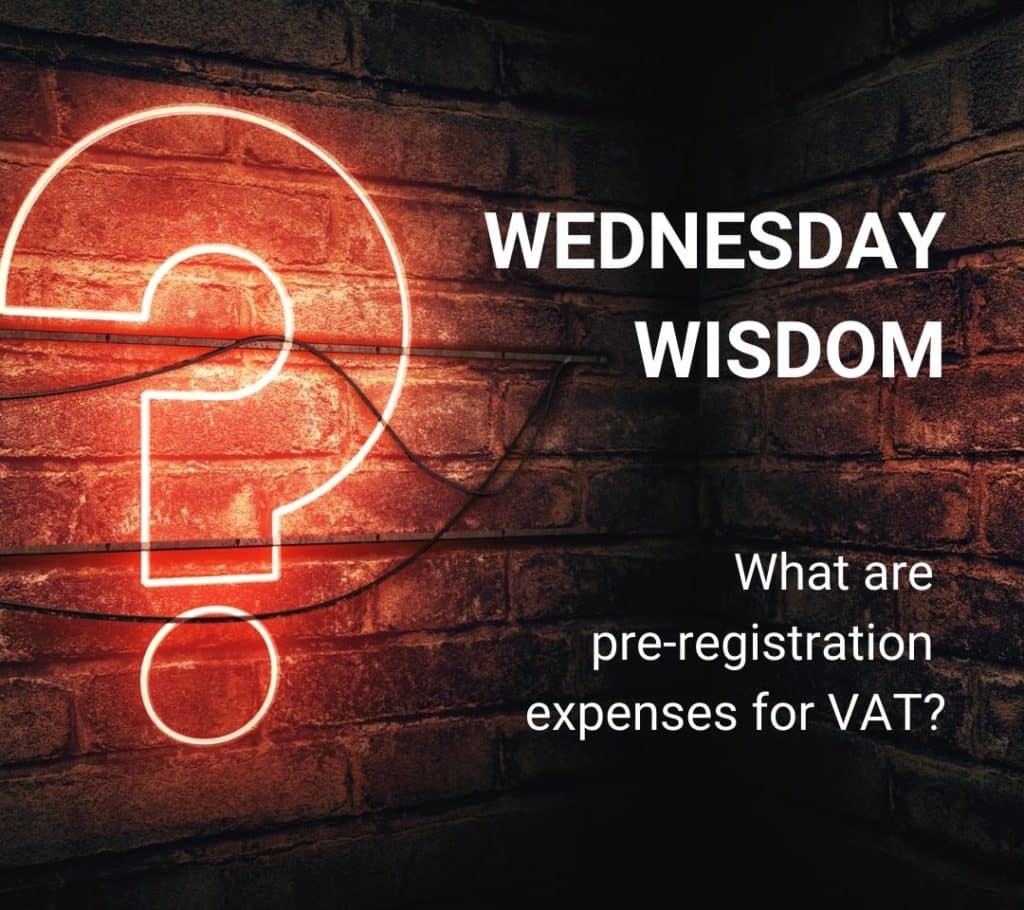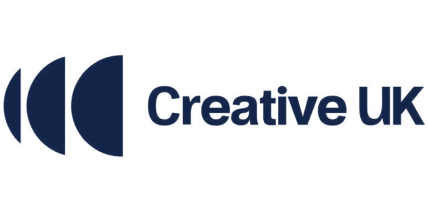The Power of Human Creativity for Human Issues
In an age where artificial intelligence is redefining creativity, The Creative Shootout stands as a powerful reminder of what makes us uniquely human. On Thursday, 30th January, BAFTA HQ in Piccadilly, London, became the stage for a remarkable celebration of humanness – compassion, ingenuity, humour, and, most importantly, the ability to connect deeply with real-world issues.
This year’s theme was hidden disabilities, with a focus on epilepsy – a condition that affects 630,000 people in the UK and remains heavily stigmatised. The Creative Shootout, now in its eighth year, once again asked the industry’s brightest minds to remove stigma, rewrite the narrative, and champion dignity through the power of creativity.
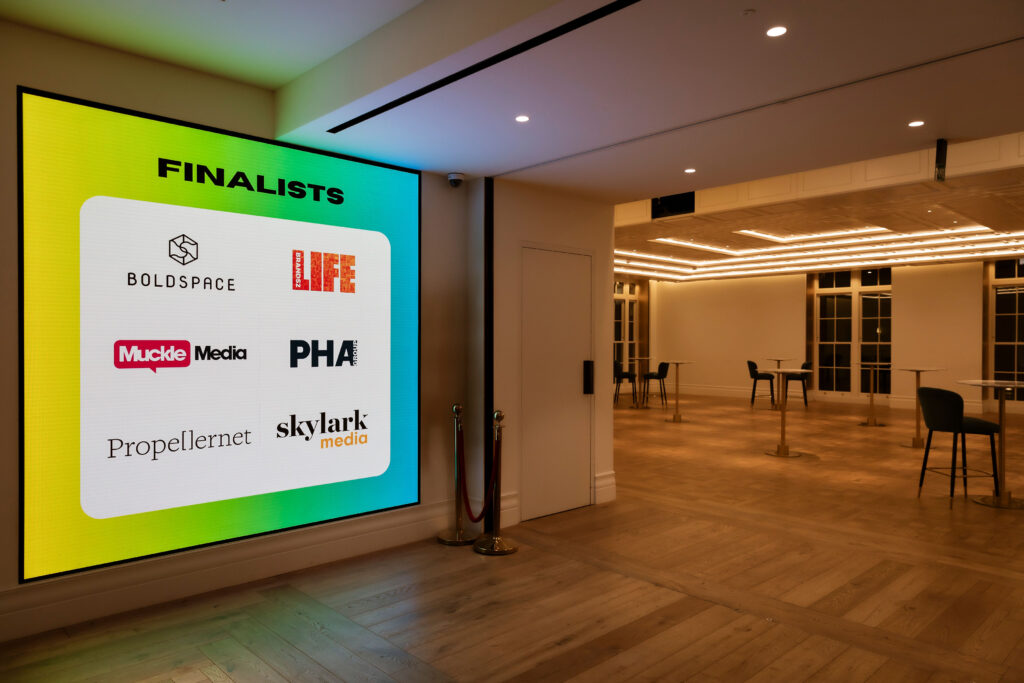
Creativity With a Purpose: The Challenge at Hand
The Creative Shootout has been described as “The Bake-Off meets Dragons’ Den” – a high-stakes, high-energy environment where seismic change can happen for smaller charities. This year, the challenge was presented by Epilepsy Action CEO, Rebekah Smith, who tasked the teams with a mission: shatter the stigma around epilepsy and make it impossible to ignore.
The urgency behind this challenge is clear:
- 80% of classified disabilities in the UK are ‘hidden’.
- A new person is diagnosed with epilepsy every 18 minutes.
- 1,000 people die from epilepsy every year – many of these deaths are preventable.
- Only 34% of working-age adults with epilepsy are employed.
- 2 in 3 people don’t know how to administer seizure first aid.
- 40% of people with epilepsy experience suicidal thoughts.
These statistics highlight the life-altering – and sometimes life-threatening – realities of living with epilepsy. The teams had just four hours to craft a campaign that would not only raise awareness but change the public’s perception of the condition.
The Finalists and Their Bold Ideas
From an initial round of entries submitted by agencies across the UK, six finalist teams were selected to pitch their creative concepts live in front of a packed audience and a prestigious judging panel. Each team had just eight minutes to convince the room that their idea had the power to make a difference.
Here’s how the winners took the stage:
Muckle Media – 3rd Place: Life, Interrupted
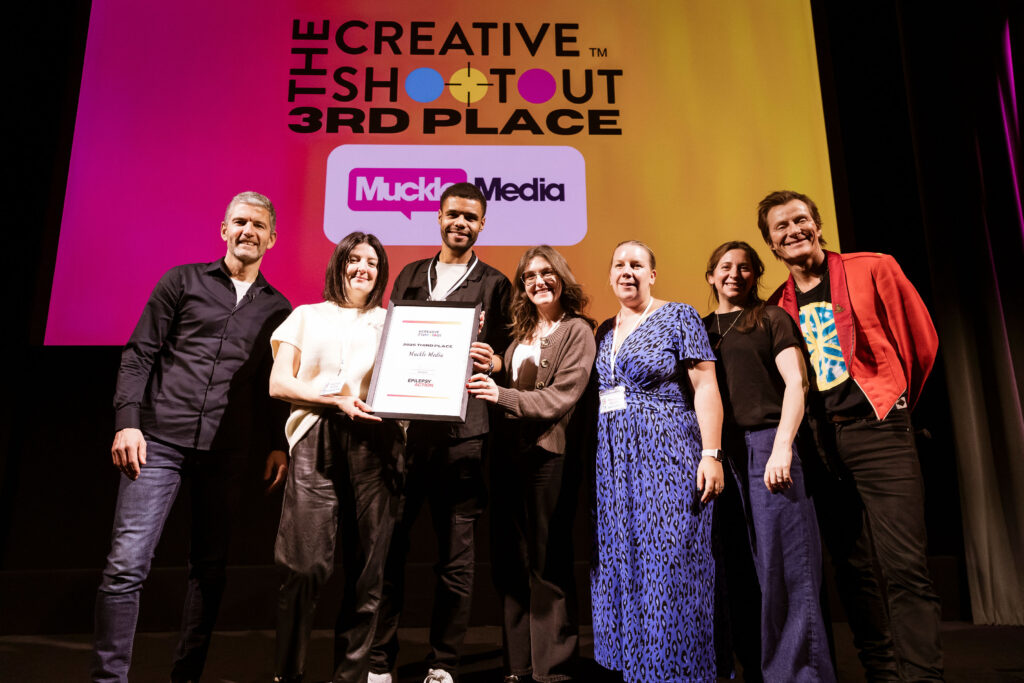
Muckle Media’s concept highlighted the disruptive nature of epilepsy—how it can interrupt every aspect of a person’s life, from work to daily activities. Their campaign aimed to illustrate these disruptions by interrupting podcasts, TV shows, and even iconic brand logos. By creatively demonstrating epilepsy’s unpredictable impact, they sought to change public perception and build greater empathy.
Propellernet – 2nd Place: #EpilepsyCanWork
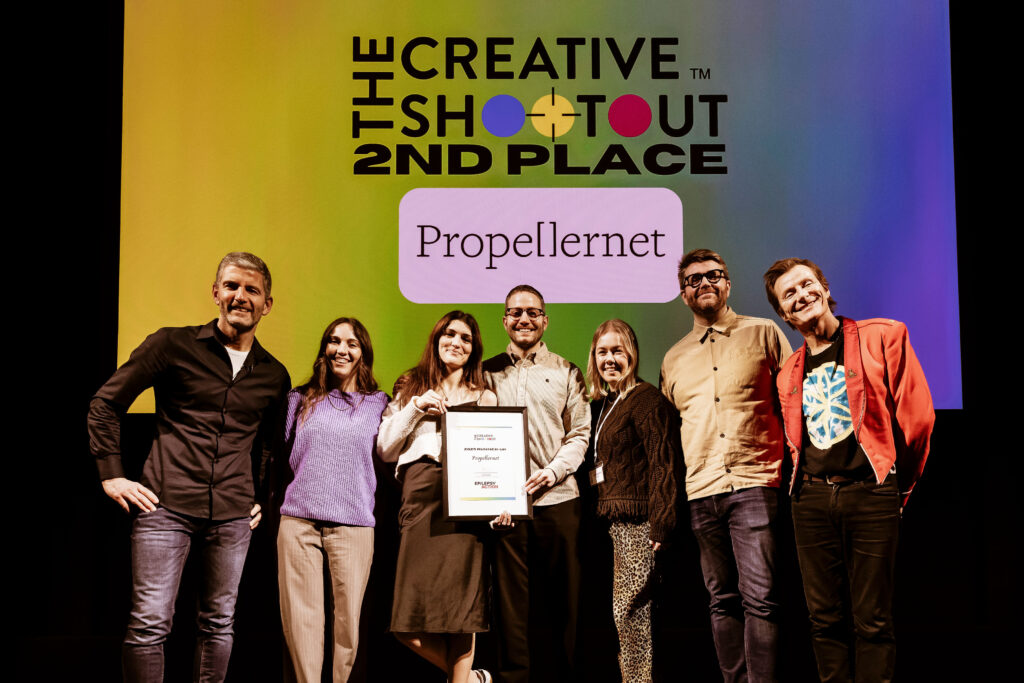
Propellernet tackled one of the most pressing issues facing people with epilepsy: workplace discrimination. Shockingly, 42% of employers would not give someone with epilepsy a job or promotion, despite knowing that this is illegal discrimination. Their campaign focused on reframing epilepsy in the workplace through a bold PR stunt—delivering CVs to Downing Street and launching a petition calling for policy reform. Using the hashtag #EpilepsyCanWork, they aimed to spark a national conversation about employment rights for those with epilepsy.
Boldspace – 1st Place: Could I Count on You?
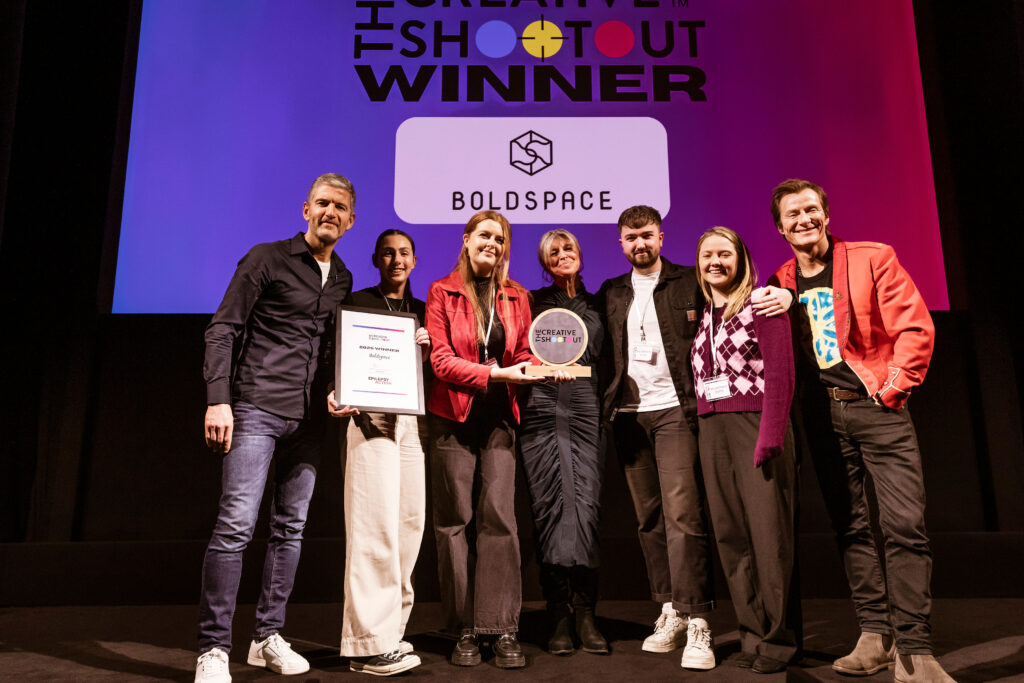
The winning concept from Boldspace centred on social responsibility and community. Their campaign asked a simple yet powerful question: Could I count on you? The idea was built around the fact that knowing seizure first aid can save lives—but most people don’t know what to do. By engaging Gen Z and Gen Alpha through street interviews and impromptu quiz-style challenges, the campaign placed the public front and centre, urging them to step up and be heroes when it matters most.
Boldspace’s innovative approach resonated deeply with the judges and audience, securing them the top prize. Now, with a £350,000 media fund backing their idea, their campaign will be rolled out across major platforms later this year, bringing vital awareness to millions.
A Night of Celebration and Change
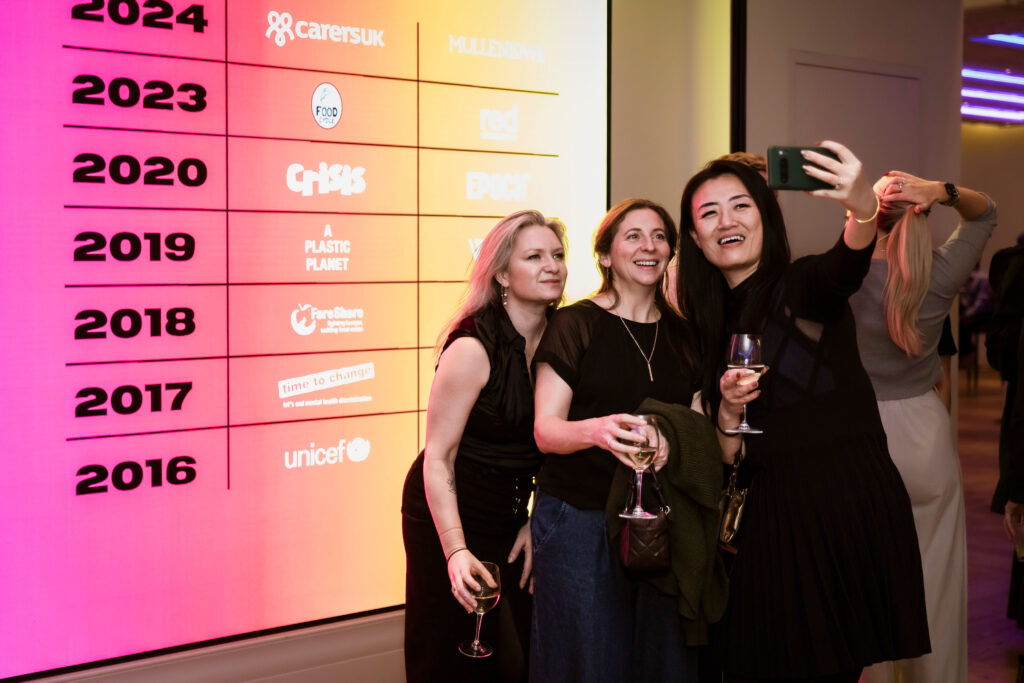
The energy in the room at BAFTA HQ was electric. Throughout the night, laughter, gasps, and applause filled the space as teams delivered their pitches. This wasn’t just a showcase of creativity – it was a testament to the human spirit.
The event was made possible through generous media donations from partners including The Guardian, Clear Channel, JCDecaux, Google, Acast, OnePoll, 72Point, and Markettiers – the largest media fund in The Creative Shootout’s history. The judging panel, featuring leading creative minds from agencies such as McCann Worldgroup, The Romans, Golin, and MullenLowe Group UK, had the tough job of selecting the winner from an incredibly strong field.
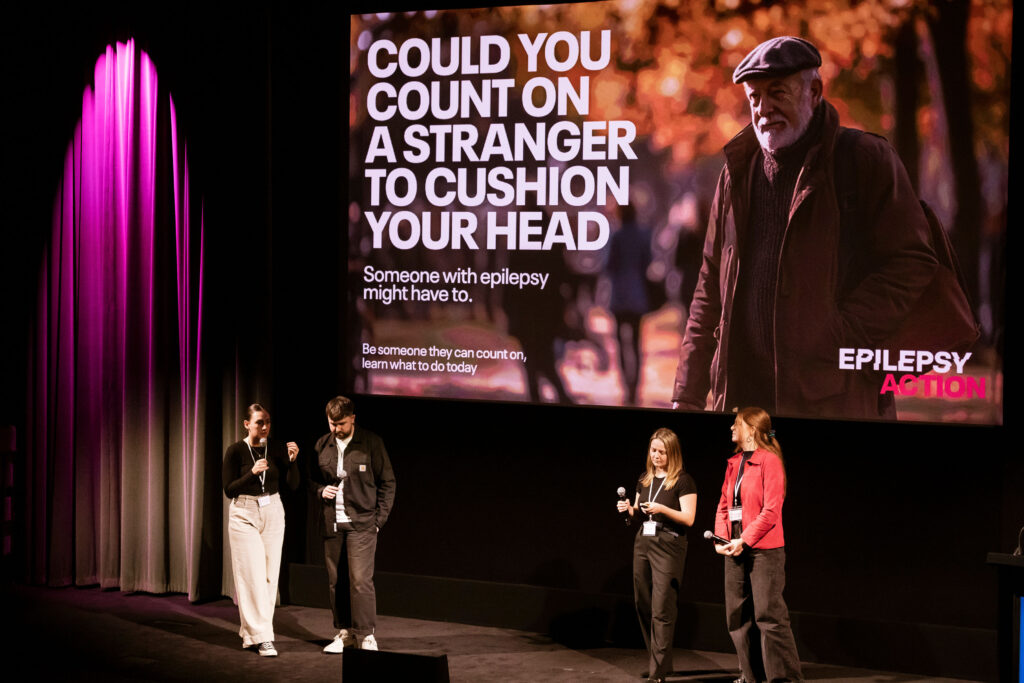
More Than a Competition – A Movement
As the night came to a close, one thing was clear: The Creative Shootout is far more than a competition. It’s a real-time demonstration of human creativity tackling real human issues.
In a world increasingly dominated by AI-generated content, what unfolded at BAFTA was a celebration of humanness – our ability to be empathetic, innovative, and profoundly funny. AI can replicate patterns, but it cannot yet replicate the depth of human experience. It cannot feel, it cannot care – and it certainly cannot stand on a stage, under pressure, deliver a pitch and ultimately, change their perspective.
This year’s winners, Boldspace, are now on a path to make a real difference in many people’s lives. Their work will help to break down barriers, challenge misconceptions, and ensure that epilepsy is no longer a hidden disability.
For me, this event was personal. As I wrote in the lead-up to the competition, epilepsy has touched my family in profound ways. Seeing these creative minds rally behind a cause so close to my heart was incredibly moving.
The Creative Shootout 2025 was a masterclass in why creativity matters. Because when used for good, it has the power to change lives.
And in an AI-driven world, that is something worth celebrating.
